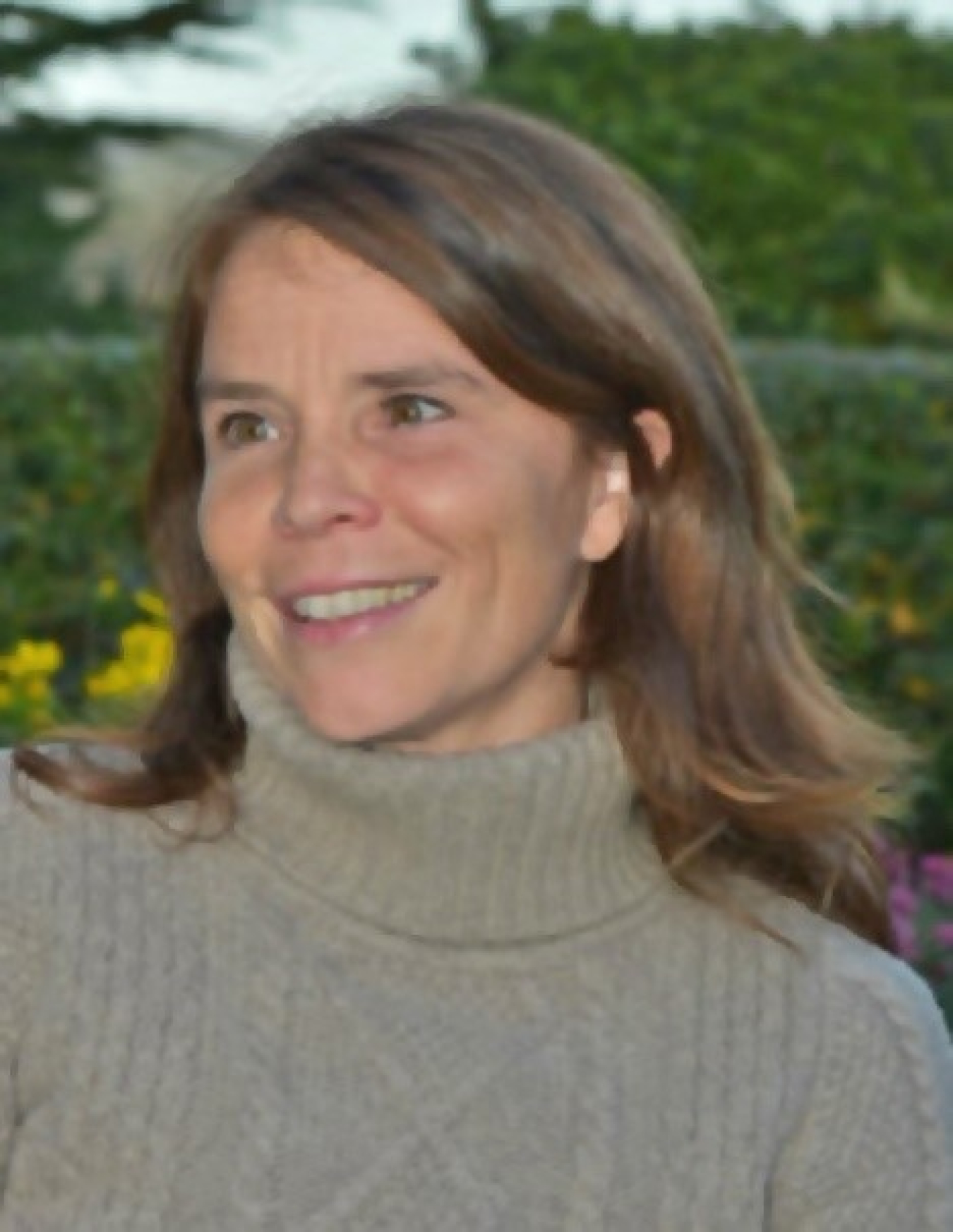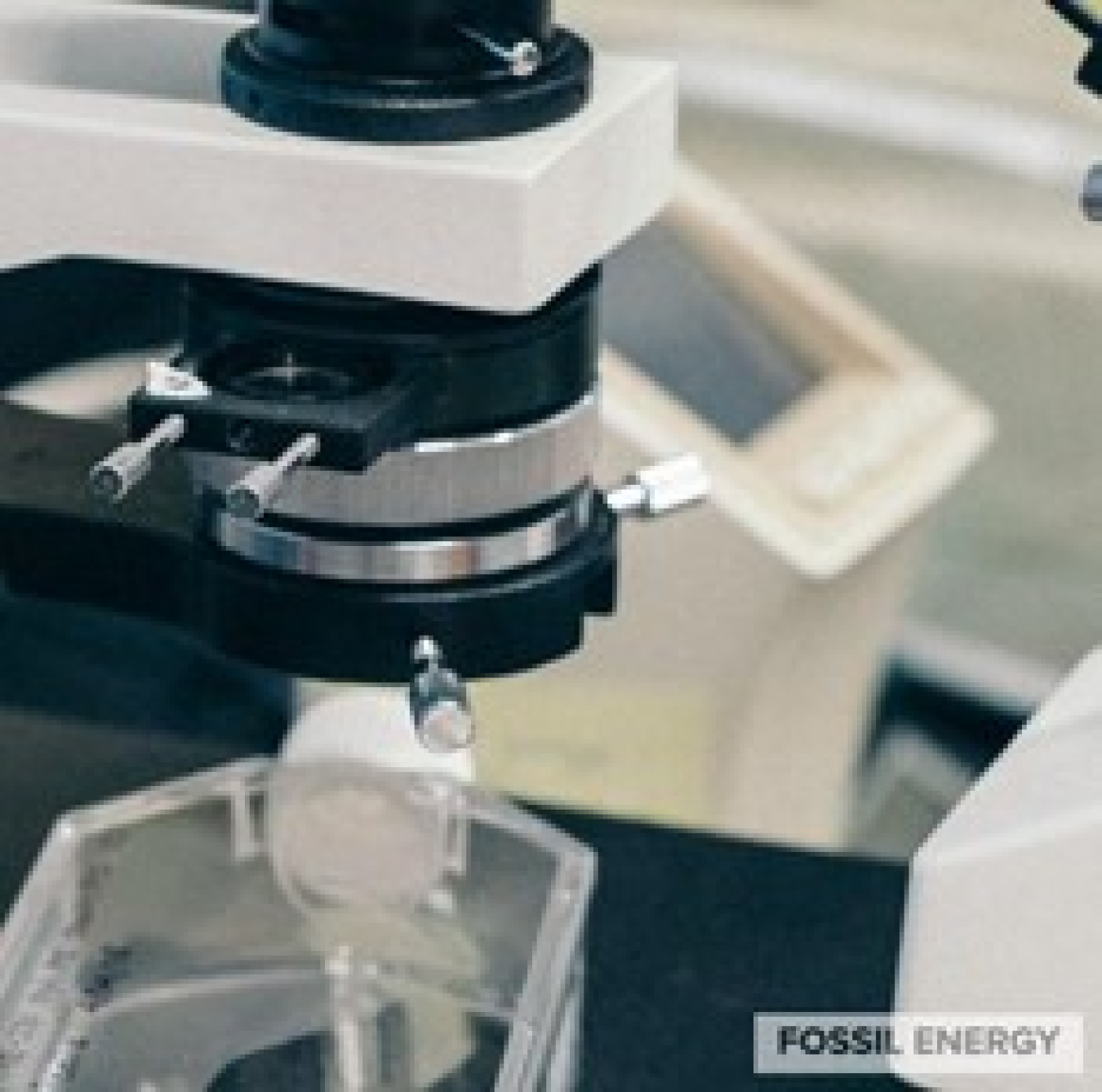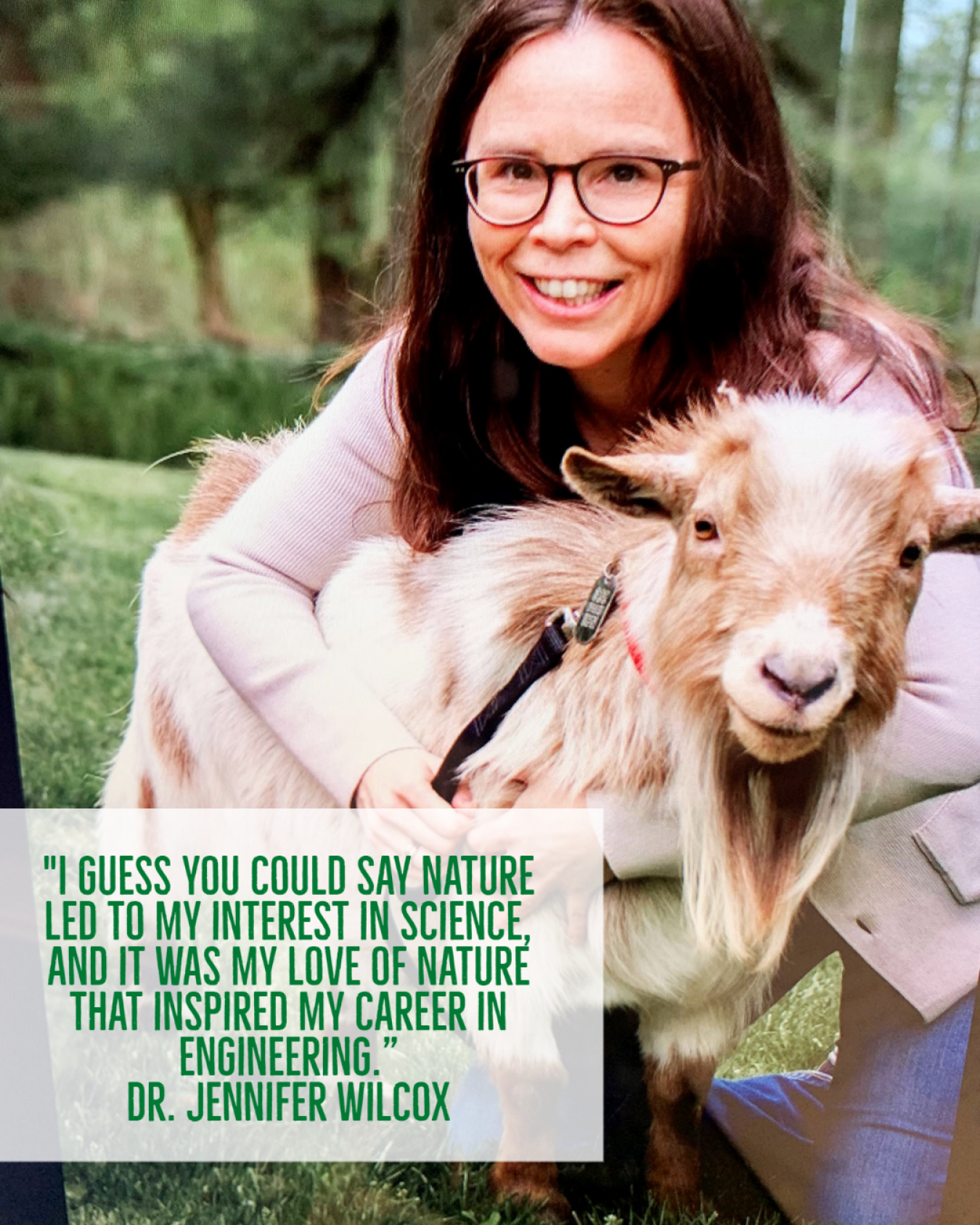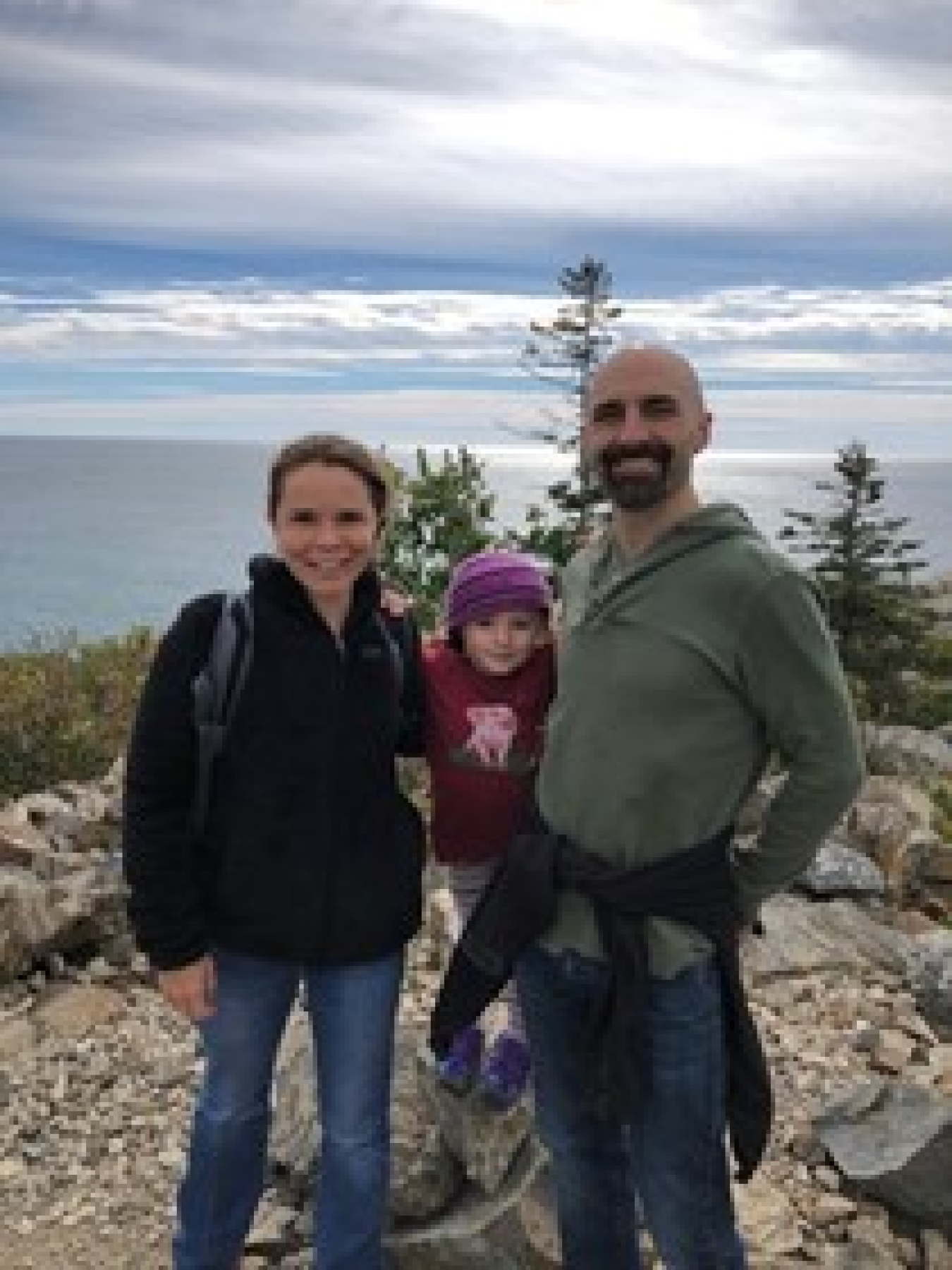
Meet Dr. Jennifer Wilcox, the newest member of the leadership team at the Office of Fossil Energy (FE). Dr. Wilcox is a pioneer in the field of carbon capture management. She is an accomplished author, scholar, leader, and a woman dedicated to STEM.
Dr. Wilcox is the author of the first textbook on carbon capture, Carbon Capture, published in 2012. She co-edited the CDR Primer on carbon dioxide removal in 2021.
Her carbon management expertise is an asset to the Biden-Harris Administration as it moves forward to tackle climate change. Dr. Wilcox's work focuses on strategies to minimize the negative climate impacts that can result from using fossil fuels.
Nature Inspires Love of Science
Dr. Wilcox grew up in rural Maine. From a very young age, she had a profound respect and appreciation for nature. She was fascinated with science. “There was a stream in our backyard, and I was obsessed with collecting samples. My grandfather provided me with a microscope kit so that I could collect samples from the stream to view under my microscope. I guess you could say nature led to my interest in science, and it was my love of nature that inspired my career in engineering.”


Unfortunately, her high school did not offer certain courses required by four-year colleges, such as advanced math and foreign languages. But Dr. Wilcox became a math whiz on her own. “I taught myself calculus and how to study for AP exams because I was interested in applying to four-year colleges. I was so excited about what I was learning that I would stay up all night to master the material.”
A Move from Science to Engineering
Dr. Wilcox attended Wellesley College, where she graduated with a Bachelor of Arts (B.A.) degree in Mathematics. She made the transition from math to engineering as a graduate student at the University of Arizona when she enrolled in her first course, Introduction to Material and Energy Balances. “During that course, everything just clicked, and I learned skills that allowed me to answer questions that I could not answer before. I connected my profound respect for nature with chemical engineering fundamentals and our need for clean energy. This led to my career in carbon capture and removal.” Dr. Wilcox went on to earn a M.A. in Chemistry and a Ph.D. in Chemical Engineering from the University of Arizona.
Net-Zero Emissions – Carbon Capture and Removal
Net-zero emissions is a term that describes a balance between the amount of CO2 emissions entering the air and the amount of CO2 emissions removed from the air. To get to net-zero emissions, carbon dioxide must be taken out of the air. There are limited ways of doing this.
To tackle this challenge, FE must expand its portfolio of carbon capture solutions, strategically deploy projects that address carbon capture, and leverage the technologies that are currently available to address carbon removal. According to Dr. Wilcox, “The quickest way to net-zero is to decarbonize. We must prioritize managing carbon emissions and if possible, avoid releasing carbon dioxide from fossil fuels into the atmosphere.”
The Biden-Harris Administration is focused on tackling climate change. Cutting CO2 emissions is a major part of that goal. “The Administration’s goal of achieving net-zero by 2050 will take significant thought and strategy. This means a careful examination of how we use fossil fuels today,” Wilcox says.

Girls Can STEM
Dr. Wilcox did not grow up with a strong STEM influence in her household. Her father was an elementary school principal, and her mother was a social worker. But her mother had a key trait that facilitated her daughter’s career in STEM—an appetite for hard work. “My mother held more than one job and she pursued higher education. I saw that you can do anything if you work hard enough.” This is a tradition that she hopes to pass on to her six-year-old daughter. She enjoys teaching her daughter about science.
Dr. Wilcox is also a mentor who shares her experience and provides guidance for others interested in STEM. “Women are still underrepresented in chemical engineering. There were not many women in my field or in pure math. But I found inspiration from other women during my journey, and there was one message that always rang true, ‘You can do anything, if you work hard enough.’”
